Those of us on the left should imagine how our political rivals felt when watching Jeremy Corbyn’s latest victory speech. English Conservatives and Scottish Nationalists do not wake at 3 a.m., drenched in sweat, worrying about how they can defeat Jeremy Corbyn. Like a drunk who punches his own face, Corbyn beats himself, leaving Labour’s rivals free to do what they will. For English leftists, however, trying to salvage what they can from the wreckage of their party, the apparently simple question of how to take on the far left appears impossible to answer.
Commentators throw around the ‘far left’ label without stopping to ask what it means. You begin to understand its echoing emptiness when you look around and notice Corbyn has no good writers on his side. In my world of liberal journalism, everyone is saying that when talented journalists decide to support Corbyn, their talent abandons them, and they produce gushing pieces that would embarrass a lovestruck teenager.
The last upsurge of left-wing militancy in the 1970s had Eric Hobsbawm, E.P. Thompson and other formidable socialist thinkers behind it. Joseph Stiglitz, Thomas Piketty and Danny Blanchflower looked like their successors. They too have produced formidable work on how to make society fairer. They agreed to help Corbyn, but walked away after discovering that Corbynism is just a sloganising personality cult: an attitude, rather than a programme to reform the country. That attitude is banal in content, conspiracist in essence, utopian in aspiration and vicious in practice.
Isabel Hardman and Marcus Roberts discuss the leadership result on Coffee House shots
Paradoxically, it is all the harder to defeat for that. Consider its components, and understand the difficulties facing Labour’s moderates. Conspiracy theory saturates the far left as thoroughly as it saturates the far right. It is its default mode of thought. Its answer to everything. Attention to date has concentrated on Corbyn supporters’ embrace of the Jewish — forgive me, ‘Zionist’ — conspiracy theory.
But anti-Semitic prejudice is only one of dozens of paranoid fantasies that fight for the right to fill tiny minds that want to wish the world away. In one poll, 90 per cent of Corbyn supporters believed that a PR agency organised ‘the coup’ against him. The story comes from a left-wing website called The Canary, which does not pretend to offer its readers evidence. Any disinterested observer can see the ‘coup’ was a vote of no confidence passed by panicked Labour MPs, who thought the Prime Minster might call an early election.
Yet the deceit of a clickbait site, which pays its reporters by how many hits their pieces receive rather than by how much truth they tell, is believed, while the public record is ignored.
Elsewhere, Corbyn’s supporters explain away the terrible opinion polls by saying that they are the bitter fruits of a Tory conspiracy. Not stopping there, they go on to see the invisible hand of MI5 raised against them everywhere from Twitter to the BBC.
You can look at how globalisation, the crash, the fall in real wages, mass immigration and the Iraq war have created a paranoid consciousness across the West. But to understand wilful and self-serving stupidity is not to pardon it. Nor is it to underestimate how hard wilful stupidity is to penetrate. Once hooked, the faithful can find reasons to dismiss any fact that contradicts their ecstatic certainties, and in Trump’s America as much as in Corbyn’s Labour party, there seems no way to get through to them.
Corbyn’s banality, which has driven serious leftists away, is not the unmitigated political disaster it seems either. As with so many who call themselves socialists, it has let him embrace Islamist movements, which are fascist in their political outlook, and Russia’s conservative and kleptomaniac autocracy. This has been my left-wing generation’s greatest betrayal, and its hypocrisy and cynicism is exacting a heavy political price. Yet the banality that allows disgraceful alliances also ensures that the far left does not have to commit to a specific domestic programme.
Utopias are always banal. Corbyn’s Utopia allows his supporters to wallow in the warmth of self-righteousness. They want to end austerity. Stop greed. Bring peace. How they do it is not their concern. Practicalities are dangerous. They take you away from utopia and back into the messy, Blairite realm of compromises and second-bests.
Anyone who knows history knows that utopianism can justify viciousness. By his supporters’ reasoning, leftists who are against Corbyn must be in favour of poverty, greed and war. All tactics are justified in the struggle against such monsters.
Tomorrow’s press will probably be full of articles criticising Smith’s tactics. I hope at least a few have the grace to acknowledge that Smith, Angela Eagle and other Labour MPs have shown moral courage and some physical bravery. The viciousness works. Many in the Labour movement, including several I contacted for this article, are frightened of speaking out against Corbyn. At least Smith and those who stood alongside him would not be silenced.
Corbyn’s victory has proven, too, that the far left’s combination of conspiracy theory, banality, utopianism and viciousness has Labour under its thumb. You glimpse the scale of the disaster that will now follow by looking at how the arguments between Corbyn and his opponents did not even cover the great shifts in opinion that have crippled Labour and other European social democratic parties in the 2010s. Is Labour a patriotic party, for instance? Corbyn will go along with any regime or movement, however right-wing, as long as it is anti-western. But the sleaziness of his behaviour has allowed his opponents to avoid a question that the rise of the SNP should have made unavoidable: can they create a progressive English patriotism?
As the 2015 election and the EU referendum showed, Labour has to find a way of bridging the divide between its liberal middle-class and socially conservative working-class supporters on immigration and multiculturalism. Corbyn’s presence ensured it has not begun to look for a path, let alone find one.
I do not want to believe that the English liberal-left will sit back and allow the Conservatives to rule from 2010 until 2025, or beyond. But under Corbyn, I cannot see how the Labour party goes forward as a credible opposition, let alone a credible government. Perhaps Labour’s day is done, and it is time for something new. Whatever it is, it can hardly be worse.
Got something to add? Join the discussion and comment below.
Get 10 issues for just $10
Subscribe to The Spectator Australia today for the next 10 magazine issues, plus full online access, for just $10.


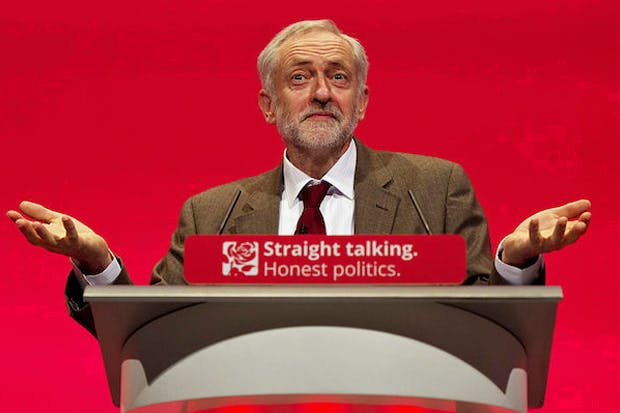

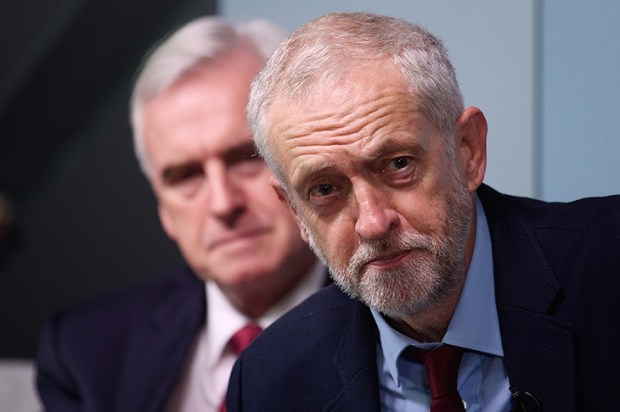
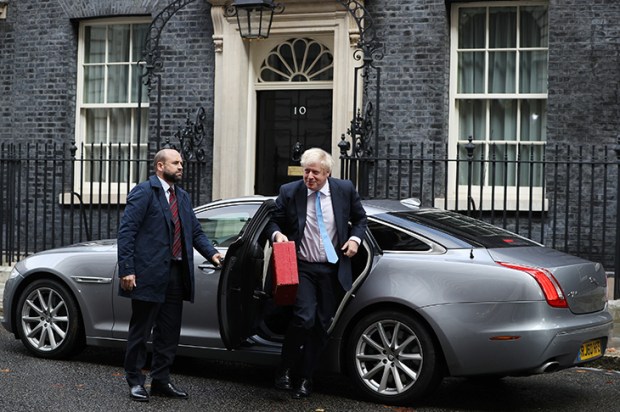
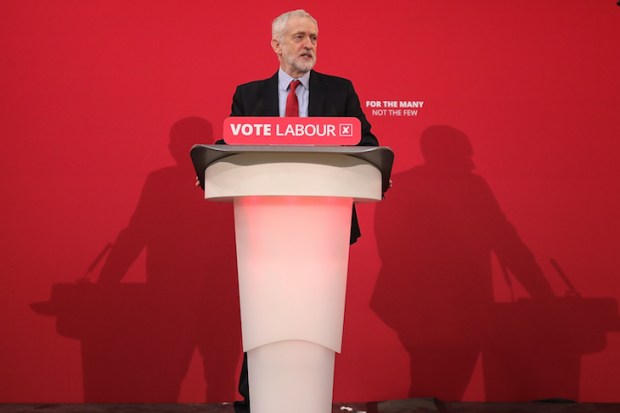
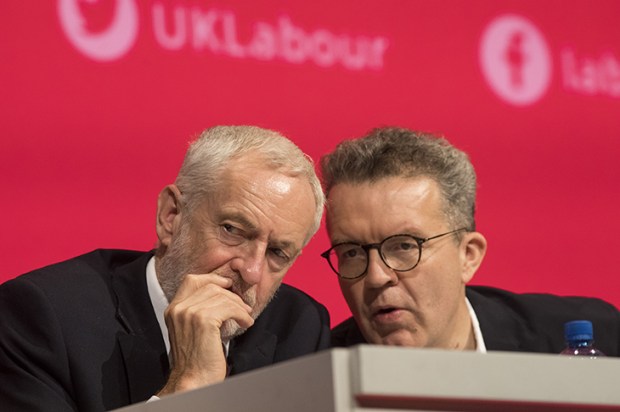
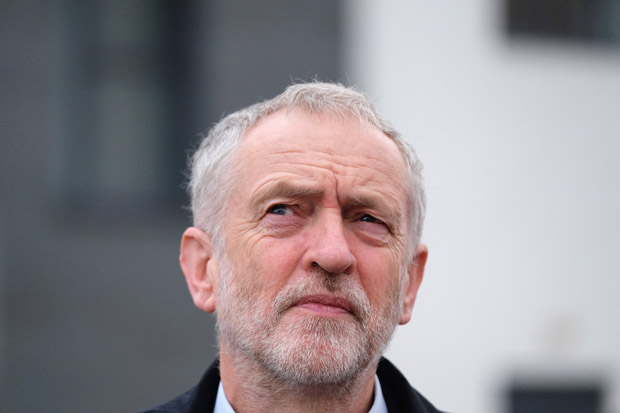
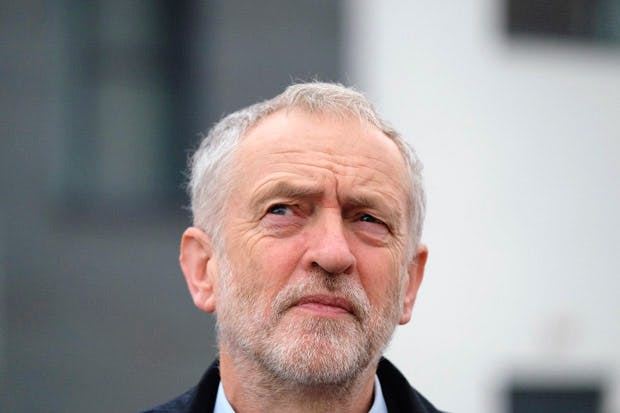






Comments
Don't miss out
Join the conversation with other Spectator Australia readers. Subscribe to leave a comment.
SUBSCRIBEAlready a subscriber? Log in